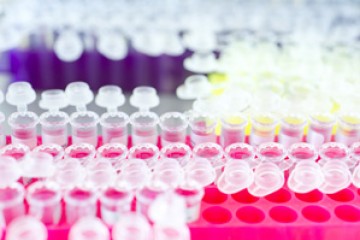PhD Studentship
Developing an Organ on a Chip Model to Test the Therapeutic Efficacy of Adhirons in Breast Cancer

At a glance
Completed
Award date
October 2016 - September 2019
Grant amount
£90,000
Principal investigator
Dr Darren Tomlinson
Co-investigator(s)
Institute
University of Leeds
R
- Replacement
- Reduction
Read the abstract
View the grant profile on GtR
